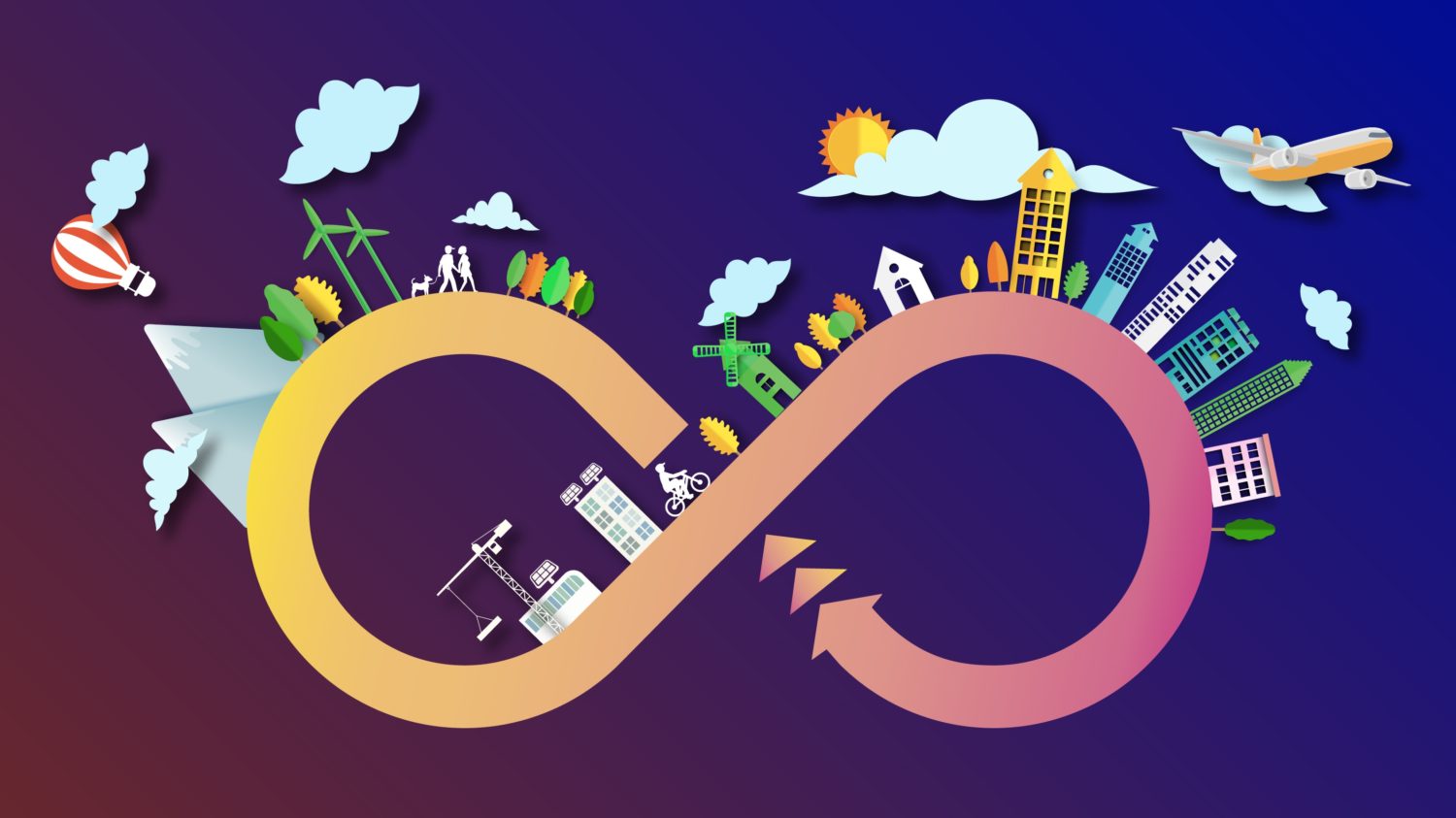
May 12 2019
Between the US pulling out of the Paris climate accord, and rollbacks in its environmental protection regulations, it can be easy to think that commerce is winning over the climate again.
This week, as trade tensions escalated between the US and China, I studied some warning signs in our era of hyper-consumption, and found some solutions in interesting places.
(Too busy to read and click through all the article links? Listen to this podcast episode, for highlights on the go.)
As The World Turns
A million reasons to turn the tide
The United Nations released a report from the Intergovernmental Science-Policy Platform on Biodiversity and Ecosystem Services (IPBES), with top-line findings that include:
- Around 1 million animal and plant species are now threatened with extinction, many within decades, more than ever before in human history
- Three-quarters of the land-based environment and about 66% of the marine environment have been significantly altered by human actions. On average these trends have been less severe or avoided in areas held or managed by Indigenous Peoples and Local Communities.
- Urban areas have more than doubled since 1992.
- A key element of more sustainable future policies is the evolution of global financial and economic systems to build a global sustainable economy, steering away from the current limited paradigm of economic growth.
Losing a million species may seem abstract, and far removed from those of us who live in urban areas. But we depend on those species for many things – sources (and pollinators) of food, materials for shelter, sinks or sources of our oxygen and carbon dioxide. And they are our proverbial canaries in the planetary coal mine. When they perish, it won’t be long before we do too.
So, even if you don’t revere our natural environment, there are self-preservation reasons to pay attention.
Let’s trade in circles

By Catherine Weetman – Own work, CC BY-SA 4.0, https://commons.wikimedia.org/w/index.php?curid=67945876
On the subject of “steering away from the current limited paradigm of economic growth,” more companies and communities are practicing the idea of a circular economy, where our planet’s finite material resources are used and reused as much as possible, then channeled back into the cycle of production.
As Eva Gladek said in this segment about her waste-free, sustainable living neighborhood in Amsterdam:
“Cities are functioning as global resource drains. The metabolism of cities is linear. There is all this stuff coming in, it’s getting processed, turned into waste, and then it gets spit out. And, actually, we need to create a circular metabolism.”
Eva Gladek
Founder of Metabolic
This video sheds more light on what circular economy practitioners are doing to bring our economies back into balance with our environment.
Om Is Where The Heart Is
What truly fuels a sharing economy
When the sharing economy took root, and took shape in the last decade or so, many of us were excited about its potential to unleash and multiply the value of our assets – homes, cars, even power drills. Our vision of living in a global village, and of sharing our resources in that global village, seemed to be coming true.
The idea sounded good on paper, but is not holding up very well in practice.
This week, Uber & Lyft drivers protested their low wages and poor job security, ahead of Uber’s IPO. It’s a stark reminder that workers rights and some form of collective representation or protection is still needed. Though the asset is being shared – a car in this case – the money generated from that sharing isn’t being redistributed fairly to the drivers.
After all, a sharing economy can’t work if we’re not moving through the world with a sharing heart.
News and Views
In the next issue:
We seem to be entering a moment where multiple US foreign policy situations are heating up – Venezuela, Iran and China. I’ll track what happens next week and share my take with you here.
Till then…
Live well and lead large – Maya
(featured image by Julia Bushueva from Good News from Finland.)

